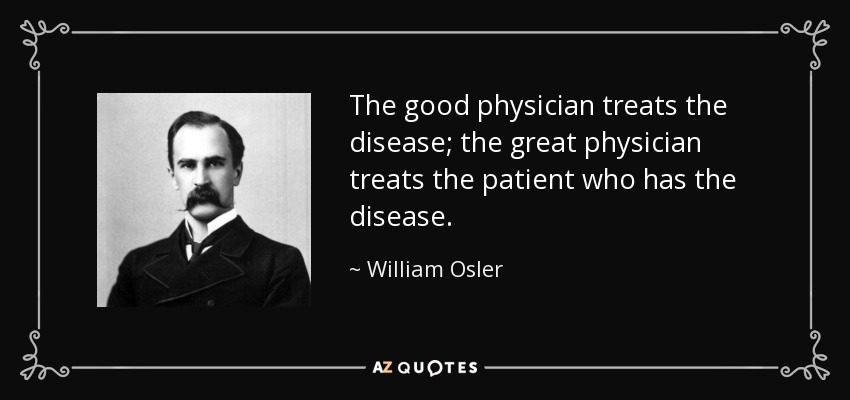Across
various professions, socioeconomic status (SES) is a factor that plays a
critical role in whether or not an individual may be eligible to perform or
undergo a task based off of their race, social class, gender and many more
aspects. In particular, individuals who are employed within the medical/health
field encounter the issues associated with ethnicity, gender, and social class
on an everyday basis. Having said that, the question at hand remains at whether
or not physicians should be equipped with the ability to handle their wide
patient-base on an interpersonal level; or, whether or not physicians should
have a standardized method of interaction between their patient-base.
As
far as race is concerned in medicine, modern-day physicians can use a patient's
ethnic background to more efficiently diagnose and provide a treatment plan for
his/her ailment. In example, people of African-American descent are three times
as likely to contract a serious case of asthma as any other race. With that
stated, a doctor may be able to use this information in order to eliminate the
possibility of this characteristic from causing any harm to the individual by
addressing/checking the issue prior to conducting any further treatment if a
more serious issue may be persisting. Additionally, people of Pacific-Islander
descent are 75% more likely than any other race to contract a fatal
heart-attack; therefore, a doctor may be able to use this information and
change the dosage amount or concentration of a particular medicine/drug (I.E:
Blood Thinner) to suit the needs of that particular individual. With all of
this stated, medicine's aim is not to see their patients through a "racial
looking glass;" but, rather, to utilize any bits of information at their
disposal to maintain the well-being of their patients.
The
issue of gender in medicine stems from its neutrality in the issue. To clarify,
the treatment for males and females tends to be very similar; needless to say,
this may pose a problem as the two do not always react the same way or exhibit
similar symptoms from taking a particular drug. For example, women suffering
from profuse sweating may be diagnosed as having hot flashes (Gender-Neutral
Diagnosis), but it is more symptomatic of the early signs of a heart attack
which is usually not an indicator of a heart attack in men (Gender-Specific
Diagnosis). Quite frankly, an issue such as the one previously mentioned could
be avoided in the case that the situation is appropriately addressed with
respect to the individual's physiology. Nevertheless, modern-day medicine
cannot entirely be personalized with respect to gender at this point due to the
incredible amount of demand for health care and lack of suppliers, but further
research and technological advancements are allowing this to come into closer
reach.
Social
class is another issue involved within the relationship between the patient and
the physician. For instance, patients of a lower social class do not always
have access to a greater array of benefits and are usually at a higher risk of
acquiring some disease/disability then a patient of a higher social class may
be. Having said that, this creates an inequality complex between the patient
and the physician as the doctor may not always be able to provide his/her
patient with an equally optimistic prognosis. Now, this issue stems more from
the socio-political aspect of medicine that is out of the health provider's
control; but, the physician should still be able to interact with the patient
on an interpersonal level in terms of providing information about alternative
treatment methods and possible outcomes.
In
my opinion, I believe that all medical professionals and students alike should be
subjected to an educational system which includes a diverse group of instructors/mentors
such as ethicists, sociologists, and politicians. I would hope that this
methodology would provide the present and future of the medical/health sciences
world to operate on a more interpersonal/sensitive level as opposed to a
standardized/impersonal means of treatment among the infinitely expanding
patient-base.
Sources:


If "personalized medicine" and genome-specific treatment is coming, it makes sense to be aware of more overt aspects of personality - like race and gender - but you're right to worry about the potential abuses of such a focus. But "treat the patient, not the disease" is helpfully-corrective guidance.
ReplyDelete